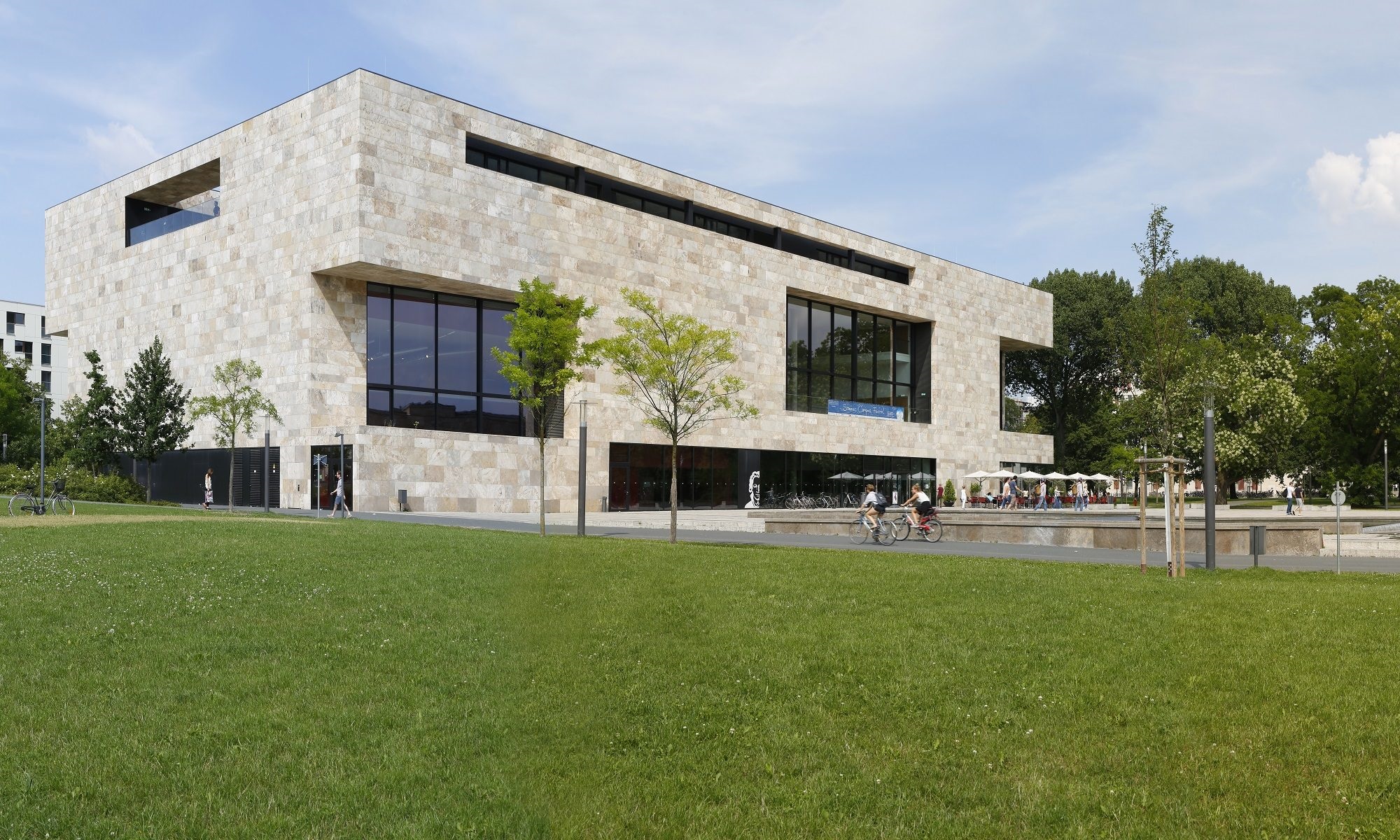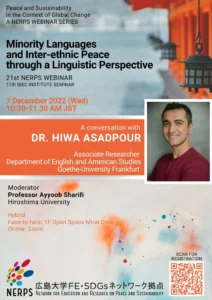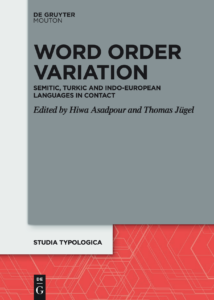Manfred Sailer and Nicolas Lamoure (Frankfurt a.M.) presented a paper on “Superlative ‘ever’ in Dutch, French, German, and Spanish” at the 30th International Conference on Head-Driven Phrase Structure Grammar 2023, 7.-9.7.2023. Manfred and Nicolas look at the use of English ever in emphatic superlatives as in (1) in two Germanic and two Romance languages:
(1) a. nl: de beste opmerking ever ‘the best comment ever’
b. de: bestes Bild ever ‘best picture ever’
c. fr: la meilleure idée ever ‘the best idea ever’
d. es: la mejor foto ever ‘the best picture ever’


